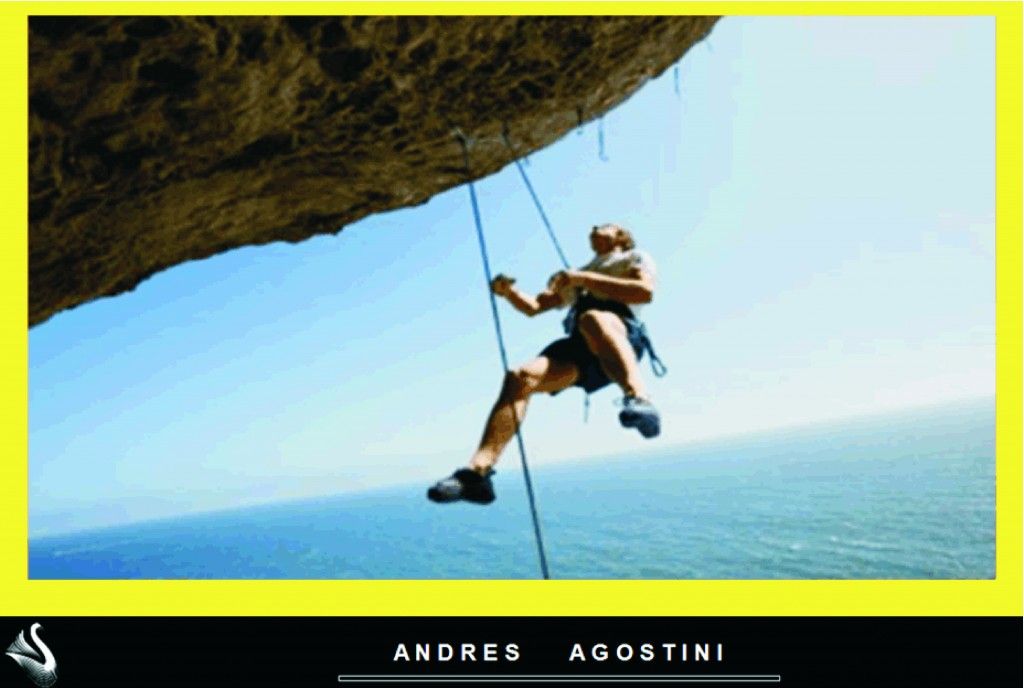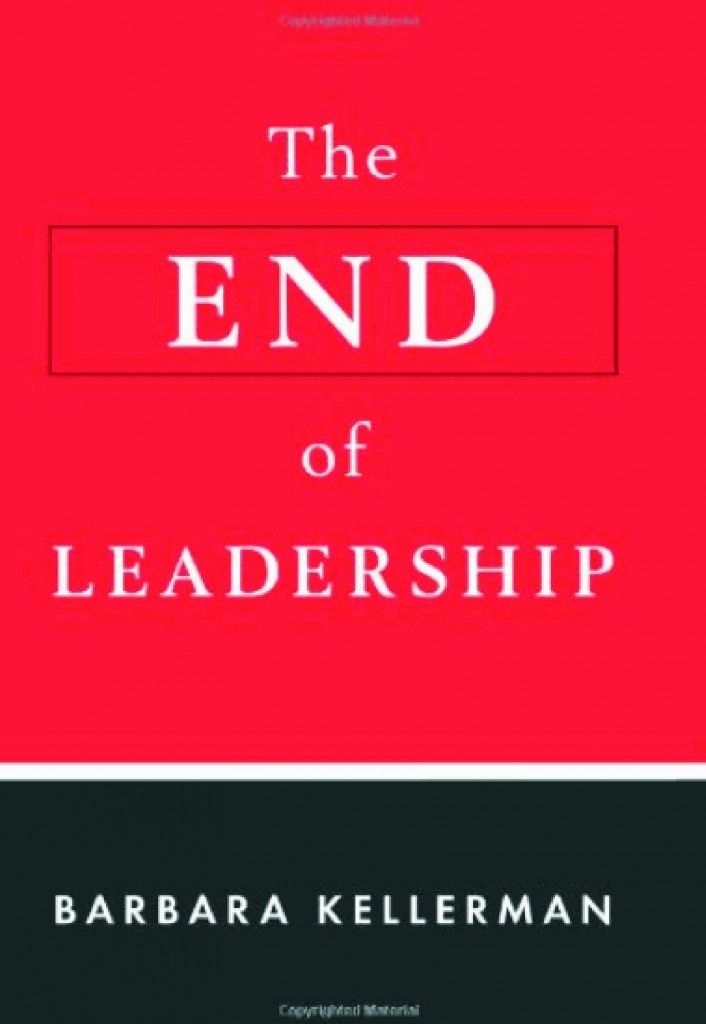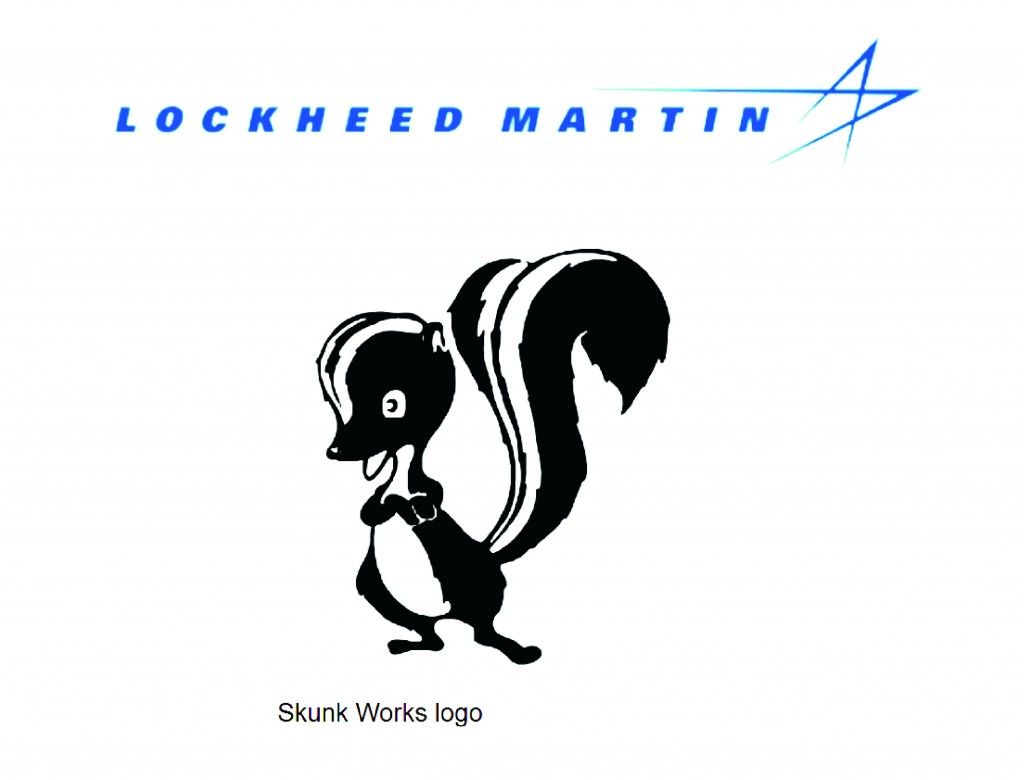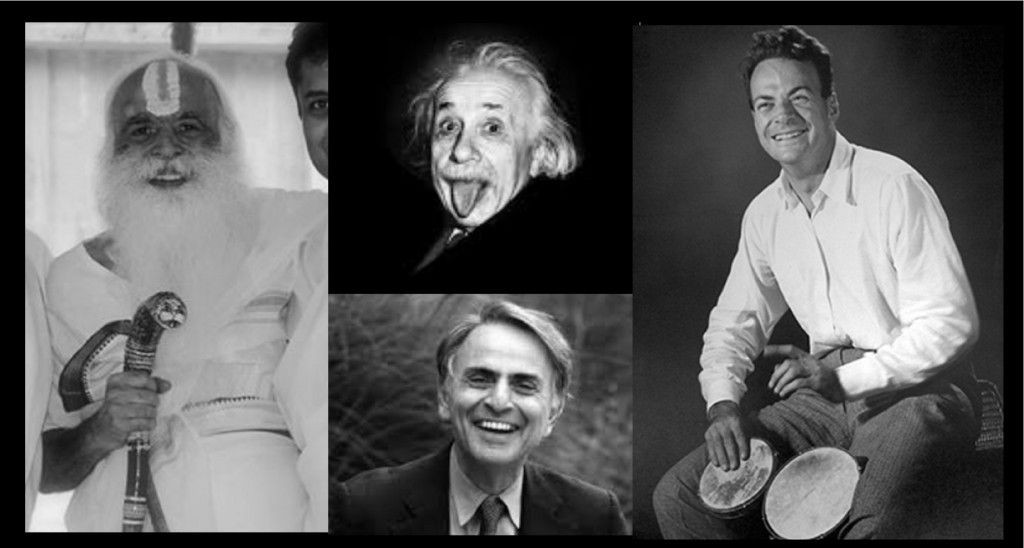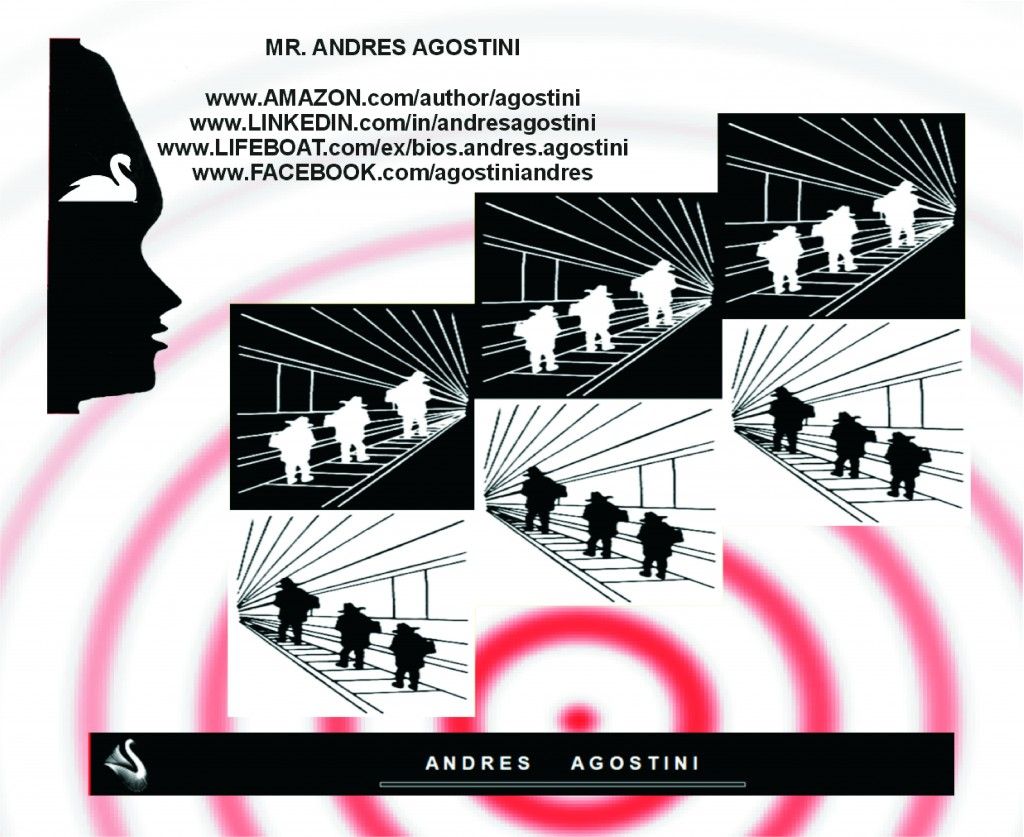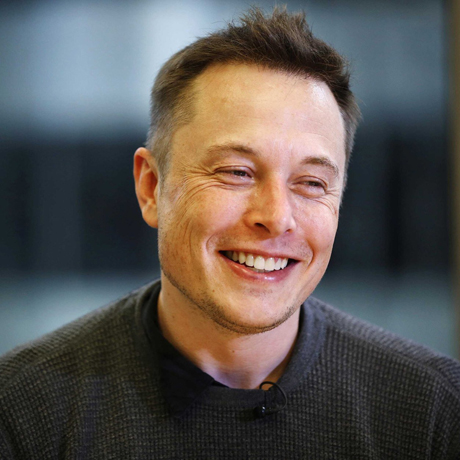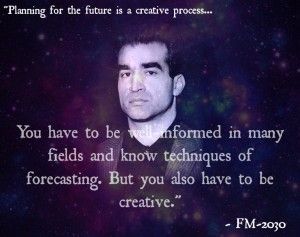QUESTION: Give Me Egotistical Prima Donnas, Stupid?
ANSWER: Yes, give me them all. This is forceful and dramatic world in huge need of those loaded and driven with flooded stamina.
And flooded stamina is immeasurable pent-up kinetic energy that well-channelized brings about scientific discoveries and technological breakthrough and thus outright business miracles.
HENCE:
THERE IS TOO MUCH BEAUTIFICATION OF THE UNDELIVERING EMPLOYEES AND SATANIZATION OF THE FOUNDERS AND CEOS, IN A RUTHLESS WORLD, ALSO AS PER PETER DRUCKER, IN WHICH SEIZING THE OUTCOMES ARE MORE IMPORTANT THAN THE PERSONALITY TYPES.
Human Race to The Future’s Author and Professor Daniel Berleant, PhD. wrote,
“ … [he] is a high-energy person, which in science is an earned canonical milestone in order to complete technological and scientific tasks in daring environment …”
TO THIS END:
Dr. Wernher von Braun’s NASA Rocket Scientist, a Physicist and a Systems Engineer and a Doctor in Science, fully backs Berleant’s assertion, indicating that the totality of the Apollo Program would have been outright impossible had not been by the proactive and indefatigable participation of the “… prima donnas involved …”
ALSO:
Under “ … THE END OF LEADERSHIP …” (ISBN-13: 978–0062069160) by Harvard University Prof. Barbara Kellerman, PhD., it is noted the ensuing:
“ … From one of the pioneers in the field of leadership studies comes a provocative reassessment of how people lead in the digital age: in The End of Leadership, Barbara Kellerman reveals a new way of thinking about leadership—and followership—in the twenty-first century. Building off of the strengths and insights of her work as a scholar and a teacher, KELLERMAN CRITICALLY REEXAMINES OUR MOST STRONGLY-HELD ASSUMPTIONS ABOUT THE ROLE OF LEADERSHIP IN DRIVING SUCCESS. REVEALING WHICH OF OUR BELIEFS HAVE BECOME DANGEROUSLY OUT-OF-DATE THANKS TO ADVANCES IN SOCIAL MEDIA CULTURE, SHE ALSO CALLS INTO QUESTION THE VALUE OF THE SO-CALLED [DUMBING DOWN] ‘LEADERSHIP INDUSTRY’ ITSELF. Asking whether leadership can truly be taught, KELLERMAN FORCES US TO THINK CRITICALLY AND EXPANSIVELY ABOUT HOW TO THRIVE AS LEADERS IN A GLOBAL INFORMATION AGE …”
THEREBY:
TO THE EXPRESS PURPOSE, IT MUST BE ACKNOWLEDGED:
“ … Egotistical Prima Donna (SkunkWorks practitioner) is no longer a captive to history.
Whatever he, she can imagine, he, she can accomplish.
Egotistical Prima Donna (SkunkWorks practitioner) is no longer a vassal in a faceless bureaucracy, he, she is an activist, not a drone.
Egotistical Prima Donna (SkunkWorks practitioner) is no longer a foot soldier in the march of progress.
Egotistical Prima Donna (SkunkWorks practitioner) is a Revolutionary! … ”
ABSOLUTE END.
Authored By Copyright Mr. Andres Agostini
White Swan Book Author (Source of this Article)
http://www.LINKEDIN.com/in/andresagostini
http://www.AMAZON.com/author/agostini
https://www.FACEBOOK.com/heldenceo (Other Publications)
http://LIFEBOAT.com/ex/bios.andres.agostini
http://ThisSUCCESS.wordpress.com
https://www.FACEBOOK.com/agostiniandres
http://www.appearoo.com/aagostini
http://connect.FORWARDMETRICS.com/profile/1649/Andres-Agostini.html
https://www.FACEBOOK.com/amazonauthor
http://FUTURE-OBSERVATORY.blogspot.com
http://ANDRES-AGOSTINI-on.blogspot.com
